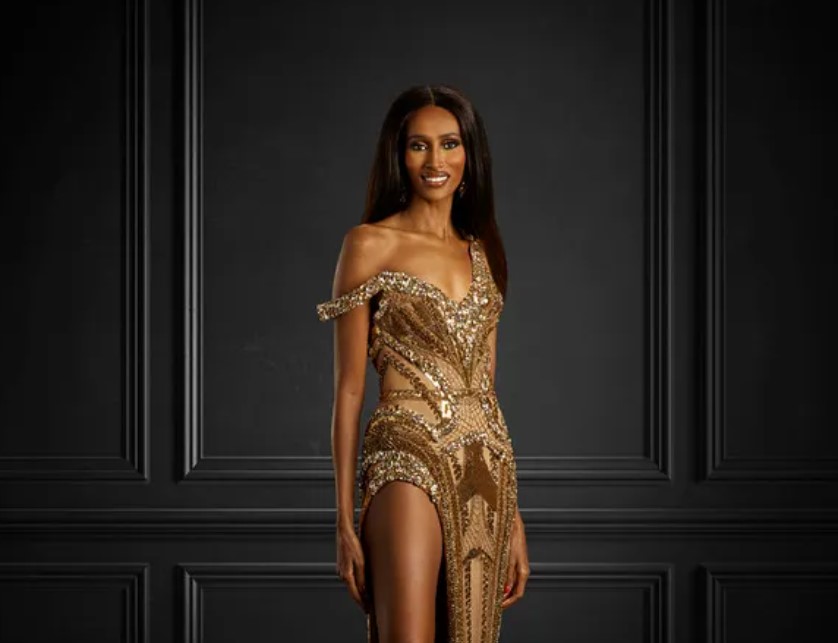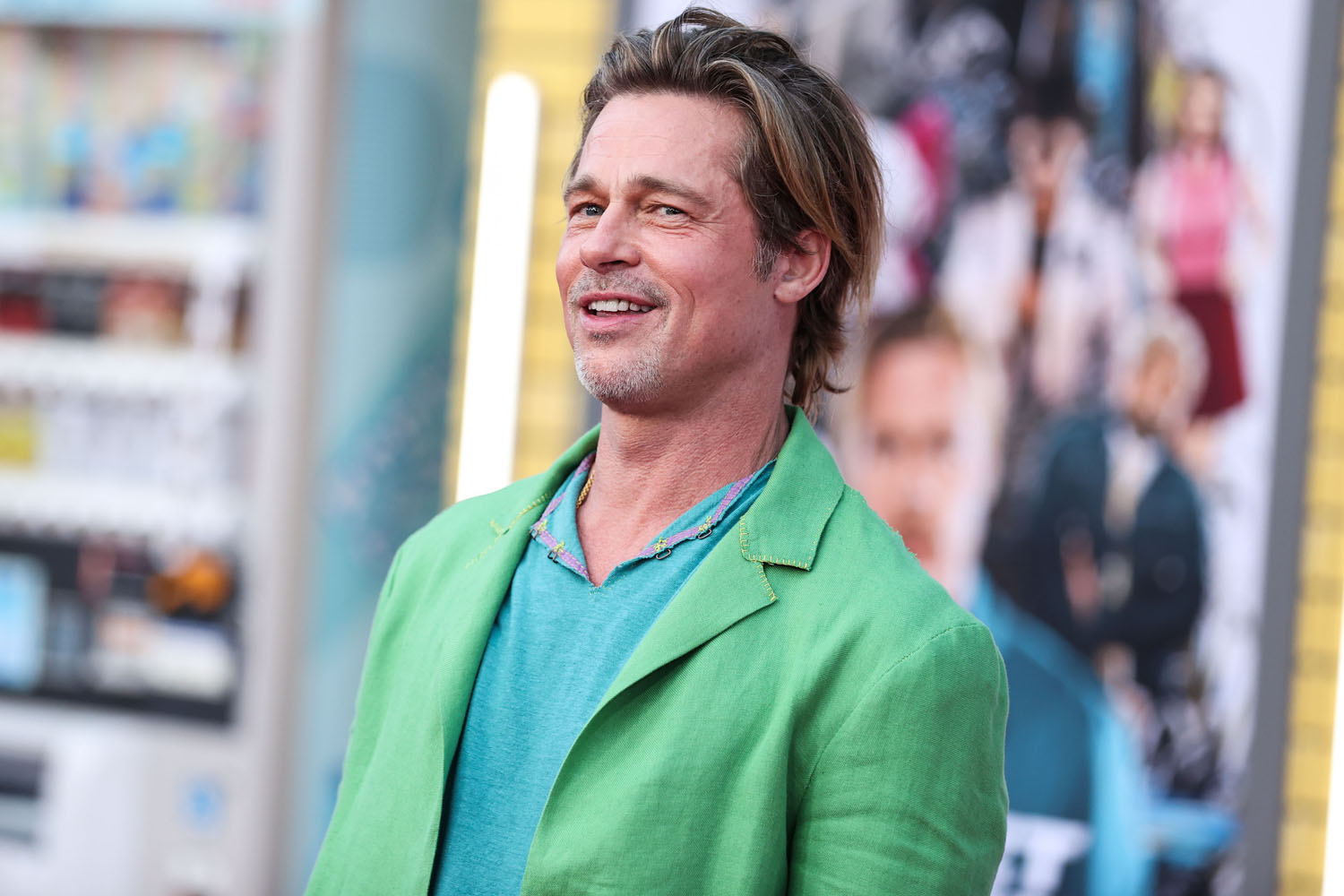Chanel Ayan speaks out



If Real Housewives brings to mind thoughts of rich, drunk bitches fighting and flipping tables, I can’t fault you. After all, the franchise follows the lives of the rich and famous in different cities across the world – and alcohol seems to be a permanent fixture on the show.
But in recent years, the show has found itself becoming the outlet in which many stars on their respective shows speak about their deepest traumas, including everything from infidelity and addiction to eating disorders, and most recently, female genital mutilation.
When Real Housewives announced that the franchise was headed to Dubai, I was intrigued to see how a myriad of different cultures, not often found in the mostly white ensembles of Orange County, New York and New Jersey, would be represented on the show. But part of this new territory would mean addressing some problematic cultural practices.
In Wednesday’s episode of Real Housewives of Dubai, the city’s first supermodel and a franchise favourite, Chanel Ayan, opened up about surviving female genital mutilation. It’s a major departure from her typical shade-throwing, over-the-top coffee date outfits, always-the-centre-of-attention kind of persona. Here, viewers got to see her reveal some deeper layers with this revelation.
Cameras followed Chanel to a hypnotherapy session, where, through tears, she revealed that she and her sister were circumcised when she was five.
“We were tied in the legs, couldn’t pee, couldn’t move,” she said as she described the gruesome procedure in the episode.
In an interview with E!, she provided some context about why such a practice, one she calls “barbaric”, is still so popular in some parts of the world, particularly in her home continent of Africa, and also in the Middle East and Asia.
"In my culture, it's done to keep women virgins," she explained to E! "Everybody's a virgin in my culture because of this. How are you going to have sex when you're sewn as a girl until you get married? It's a way to keep men satisfied."
She went on to say that it’s still practiced in nearly 30 countries in Africa – and says that she has family in the U.S. who still finds a way to do the procedure. “You don't need a doctor. You just need someone who knows how to do it,” she said during the interview.
Throughout the show’s first season, Chanel has been candid about the horrible environment she grew up in. She’s described the physical abuse she suffered at the hands of her father and has reflected on the pain and sadness that filled her childhood home. But the emotional impact of being forced to undergo this procedure has left an entirely different set of scars.
"I think the trauma is something that I will live with for the rest of my life. This is why I want to talk about it, because I honestly don't want this to happen to anyone because I know exactly how it feels and it's not good,” Chanel said. “A lot of girls get depressed, hormones are imbalanced, a lot of young girls die."
Chanel says she’s committed to using her platform to raise awareness about this practice. She’s even starting her own makeup line where proceeds will be dedicated to helping put an end to female genital mutilation.
This type of philanthropy is something we’ve seen other housewives establish. We’ve seen restaurateur and ex-RHOBH cast member Lisa Vanderpump launch Vanderpump Dogs to help rescue pups at risk of ending up in the dog meat trade. We’ve seen ex-RHONY castmate Bethenny Frankel launch BStrong, an emergency assistance program offering aid to people in crisis. She’s played an active role in providing aid during the Ukrainian refugee crisis, natural disasters, the Astroworld Festival tragedy and more.
Beyond philanthropy, the simple discussion of such taboo topics on a platform like Real Housewives can do a lot to make viewers enduring the same struggles feel seen. In 2019, Lisa Rinna’s daughter and model Amelia Gray’s struggle with anorexia was documented in the show. This came a year after she first discussed her eating disorder on social media in 2018, in a now-deleted post that described her path to recovery, how the support from her followers has boosted her confidence, and how being in front of the camera doesn’t mean you won’t have “bad days”.
And eating disorders don’t just affect the teens who make appearances on the show. In current and recent seasons, RHOBH castmate Crystal Kung-Minkoff and RHONJ castmate Jackie Goldschneider describe their own eating habits. Goldschneider publicly sought treatment for her decade-long experience with anorexia. She revealed how being overweight as a kid destroyed her confidence and introduced her to yo-yo dieting around age 26. She described hardly ever eating and doing heavy cardio exercises constantly, even fainting on her first date with her husband because she hadn’t eaten. The show followed her as she got the recommendation to spend a few nights in a facility to be monitored, something she refused. She opted for talk therapy instead.
Seeing Jackie navigate motherhood and marriage while undergoing this fight was the thing that made me like her. When she was first introduced on the show, I thought she stood out like a sore thumb and I could not see what the producers saw in her. But seeing that she, like the rest of us, is just a human being trying to do the best she can for her kids, her marriage, and most importantly, herself, revealed the common ground between us.
I often find myself having to defend my obsession with Real Housewives, but stories like these make me feel like I’m getting a lot more insight and perspective from this franchise than just rich, drunk bitches fighting. Don’t get me wrong, admittedly I tune in for those parts too. But I also love the parts that are more than that. And those parts are there. I hope the voices these women are bringing to issues that continue to plague society, and mostly the women in it, make the difference they set out to.

